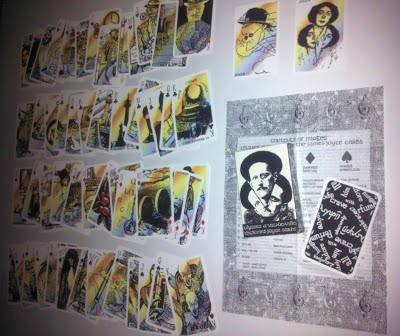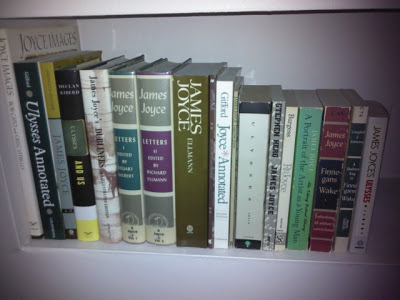
When Stephen Covey penned “Begin with the end in mind” as the second habit in his book, The Seven Habits of Highly Effective People, he wasn’t referring to novel writing, but it’s great advice nevertheless for anyone wishing to write a novel. Just as novelists must work and rework the first lines of their creations to engage readers from the start, so must novelists regard last lines in terms of importance—it’s been said that the opening lines sell the book, while the last line sells the next book. I’m nowhere near finishing my second novel, but I’ve had the end in mind for some time now, and I’ve been thinking a lot about last lines. In no particular order, here are my top 10 favorite last lines from novels:
“…you must go on, I can’t go on, I’ll go on.”
Samuel Beckett, The Unnamable
“All that is very well,” answered Candide, “but let us cultivate our garden.”
Voltaire, Candide
“His father and grandfather could probably no more understand his state of mind than they could understand Chinese, but those who know him intimately do not know they they wish him greatly different from what he actually is.”
Samuel Butler, The Way of All Flesh
“yes I said yes I will Yes.”
James Joyce, Ulysses
“L—d! said my mother, what is all this story about?— A COCK and a BULL, said Yorick—And one of the best of its kind I ever heard.”
Laurence Sterne, The Life and Opinions of Tristram Shandy
“So in America when the sun goes down and I sit on the old broken-down river pier watching the long, long skies over New Jersey and sense all that raw land that rolls in one unbelievable huge bulge over to the West Coast, and all that road going, all the people dreaming in the immensity of it, and in Iowa I know by now the children must be crying in the land where they let the children cry, and tonight the stars’ll be out, and don’t you know that God is Pooh Bear? the evening star must be drooping and shedding her sparkler dims on the prairie, which is just before the coming of complete night that blesses the earth, darkens all rivers, cups the peaks and folds the final shore in, and nobody, nobody knows what’s going to happen to anybody besides the forlorn rags of growing old, I think of Dean Moriarty, I even think of Old Dean Moriarty the father we never found, I think of Dean Moriarty.”
Jack Kerouac, On the Road
“Then I went back into the house and wrote, It is midnight. The rain is beating on the windows. It was not midnight. It was not raining.”
Samuel Beckett, Molloy
“I shall feel proud and satisfied to have been the first author to enjoy the full fruit of his writings, as I desired, because my only desire has been to make men hate those false, absurd histories in books of chivalry, which thanks to the exploits of my real Don Quixote are even now tottering, and without any doubt will soon tumble to the ground. Farewell.”
Miguel de Cervantes, Don Quixote
“The creatures outside looked from pig to man, and from man to pig, and from pig to man again; but already it was impossible to say which was which.”
George Orwell, Animal Farm
“And I go home having lost her love. And write this book.”
Jack Kerouac, The Subterraneans


